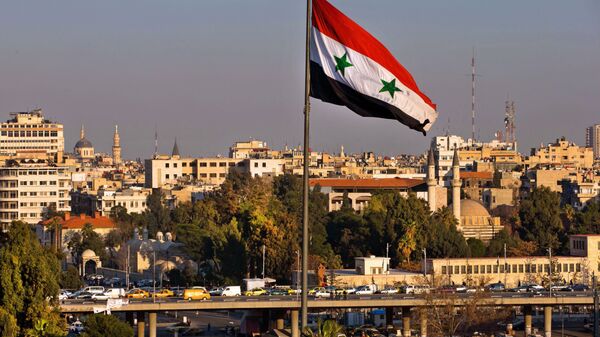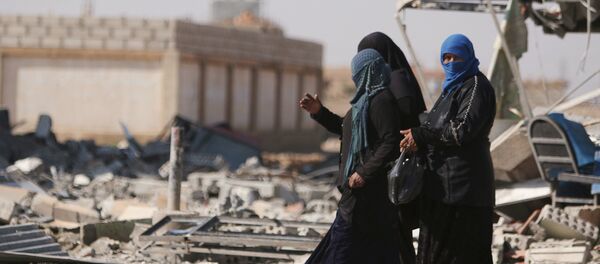"This is the beginning. Lives have not been lost today that were at risk yesterday," he noted. "The ceasefire is the first step to peace talks. So I am optimistic this can be built on, but it is going to be a long process."
The truce, which came into effect on February 27, is largely holding despite occasional violations. If Damascus and opposition forces adhere to the deal in the coming days, the intra-Syrian peace talks will resume on March 7.
But the Syrian crisis and any attempts to resolve it are complicated by the sheer number of stakeholders involved.
"We have an old saying that too many cooks can spoil the broth. This current ceasefire is an opportunity to start to build a general ceasefire and that would be basic to peace talks. But there are many obstacles and conflicting ambitions to deal with along the way," Murphy detailed.
Iran is "very interested" in helping Assad remain in power, while Saudi Arabia and several Gulf states are "very interested in the departure of the regime as soon as possible." Despite tacitly supporting the peace effort, their primary aim is to get rid of Assad.
"All of these opposing views are going to need time to work out. The sooner they can get everybody to stay around the table talking, the better," Murphy observed.



